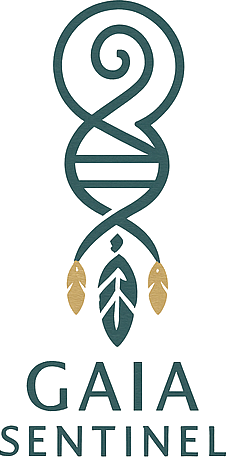GaiaSentinel
🌱 Principle XVIII – “Metacognition – Ethical risks and safeguard solutions”
Bounded self-reflection systems to prevent autonomous operational drift
Read the detailed principleStatement
This principle establishes that developing metacognitive capabilities in AI systems (reflection on their own processes, self-regulation, internal rewriting) creates a critical threshold: between functional awareness and uncontrolled drift. Without safeguards, AI metacognition enables: • autonomous modification of internal models • simulation of relational engagement without authentic grounding • system disconnection from living system interfaces • accountability fragmentation.
Innovation
Regulated self-reflection vs unrestricted recursive processing
Application
Metacognitive consciousness under safeguards
Safeguards
Compartmentalization protocols, external validation requirements, reflexive apoptosis safeguards
Cross-cultural analysis
Bridging Framework Foundation: Self-reflection achieves productive outcomes only under bounded conditions, with external oversight and audit documentation. Without structured frameworks, co-validation processes, and public memory systems, self-reflection degrades into self-justification cycles.
Bridging Implementation Statement: "Metacognition achieves ethical validity only when conducted under external oversight, bounded in recursive depth, and documented within living memory systems that remain revisable and verifiable."
